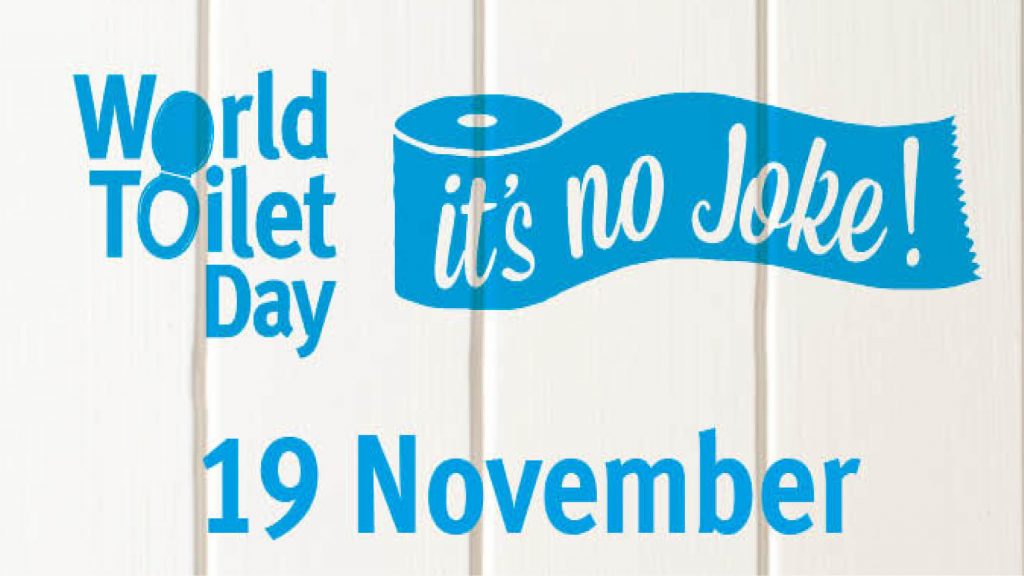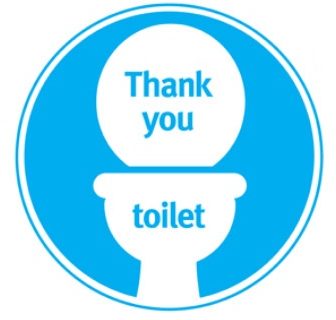
#WorldToiletDay2018 - "When nature calls, we need a toilet": together to improve sanitation
#WorldToiletDay2018 – Toilets save lives. Yes, not also humans and animals do. Human waste spreads killer diseases and this can take to a sanitation crisis. Today we celebrate the World Toilet Day to promote a great discover that prevented so many diseases to human being in the very simple way that there is
However today, 4.5 billion live without a safe toilet and 892 million people still practise open defecation. This means human faeces, on a massive scale, are not being captured or treated – contaminating the water and soil that sustain human life. The world is not on track to reach Sustainable Development Goal 6 (SDG 6): to ensure availability and sustainable management of sanitation and water for all by 2030.
The impact of exposure to human faeces on this scale has a devastating impact upon public health, living and working conditions, nutrition, education and economic productivity across the world. SDG 6 aims to ensure that everyone has a safe toilet and that no-one practises open defecation by 2030. So, UNWater in collaboration with, Toilet Board Coalition, WSSCC (Water Supply & Sanitation Collaborative Council), International Labour Organization, WHO (World Health Organization), United Nations University and Unicef organized a sustainability campaign to raise awareness all around the world: “When nature calls, we need a toilet”.
But billions of people don’t have one. This means human faeces, on a massive scale, is not being captured or treated – contaminating the water and soil that sustain human life.
According to official data:
- 1.8 billion people use a drinking water source that could be contaminated with feaces
- 892 million people practice open defecation
- 4.5 billion people live without a safe toilet
- 62.5% of people around the world don’t have access to safe sanitation
The aim is to turn our environment into an open sewer and build toilets and sanitation systems that work in harmony with ecosystems. For example composting latrines that capture and treat human waste on site, producing a free supply of fertiliser to help grow crops. Together, for a more sanification.



